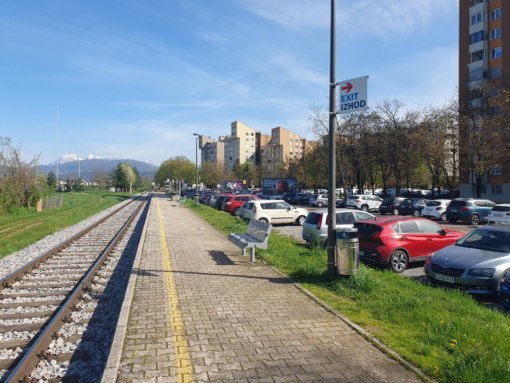Less manager positions, less board seats: Anita Györfi is a PhD candidate at the Vienna Graduate School of Economics (VGSE). In her research, she focuses on the “glass ceiling effect” for women and investigates possible roots.
Over the past six decades there have been substantial improvements in gender wage gap, but “glass ceiling effect” for women still seems to be unresolved. (👉 The notion of “glass ceiling effect” refers to the barriers that women face in entering the top levels of the labor market.) Data on Fortune 500 companies indicates that although half of the managers are female, they comprise only 14.3 percent of the executive officers, among CEOs only 3.8 percent are female and women hold just 16.6 percent of board seats.
Women’s self-selection
There are several explanations for this pattern ranging from the “pipeline” argument, i.e. women are relative newcomers in these fields and it takes time to move up through ranks to women self-selection into lower positions or lower paying jobs. The latter argument is partly based on the fact that women already self-select into college majors and thus, women still lag in the STEM fields (science, technology, engineering, and mathematics.
The aim of my research lies in the investigation of the possible roots of women’s self-selection, namely whether it originates already in high-school with special focus on elite schools. Particularly, my goal is to assess how much elite schools contribute to gender differences in students’ performance. Raw test score averages suggest that boys benefit more from elite schools than girls do. Of course, this is not a convincing evidence in itself, since this difference may arise from other sources, e.g. boys who attend elite schools are more ambitious. The main challenge of my research is to determine the size of the effect that is purely driven by the schools and exclude any other factors.
The effect of elite schools
Therefore, in order to get a causal effect of elite schools, I use Regression Discontinuity Design and I compare students’ performance just above and below the school admission cutoff. Since these students are ranked very close to each other, they are similar in pre-treatment characteristics. Thus, their test score difference is very likely not confounded by any unobservable characteristics. In the analysis, I use Hungarian data from time period 2008-2015.
Evidence for gender differences
Preliminary results show some evidence for gender differences in elite school effect, but estimates are very noisy yet. Interestingly, the results of the causal analysis doesn’t support the hypotheses that elite school environment favours boys to girls, since I observe that girls outperform boys. Currently, I am working on obtaining larger sample size to increase the precision of results and evaluating the robustness of my findings.



